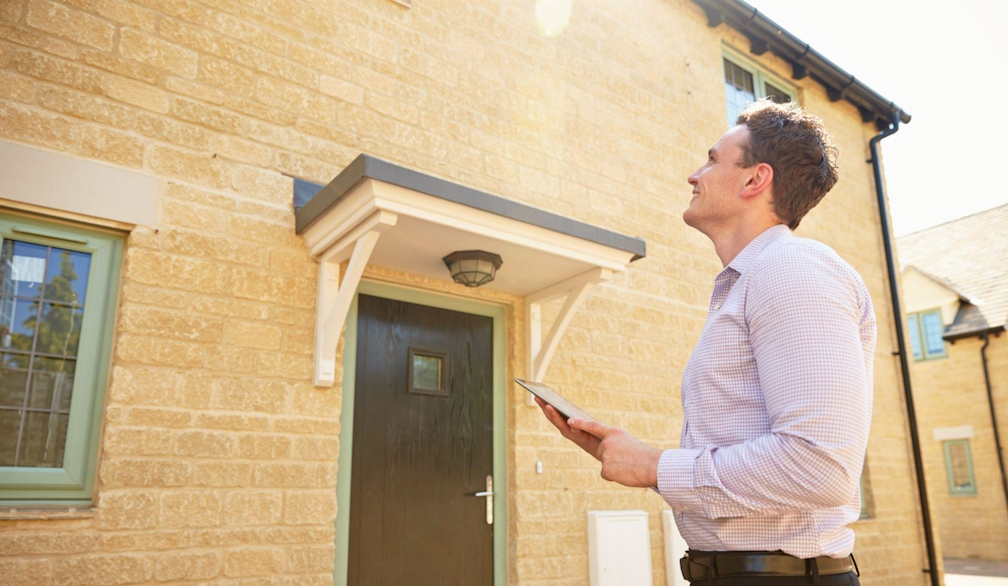How to Become a Property Valuer: A Comprehensive Guide

Becoming a property valuer can be a rewarding career choice for those with an interest in real estate, finance, and analysis. Property valuers play a crucial role in determining the market value of properties, providing essential information to buyers, sellers, lenders, and investors. If you are considering a career as a property valuer, this comprehensive guide will walk you through the essential steps and skills required to pursue this profession.
1. Understand the Role of a Property Valuer:
-
Property valuers assess the value of residential, commercial, and industrial properties.
-
They conduct thorough research, analyze market trends, and consider various factors that impact property values.
-
Valuers provide accurate and unbiased valuation reports for a range of purposes, such as sales, mortgages, taxation, and investment.
2. Obtain the Necessary Education and Qualifications:
-
A bachelor's degree in fields like real estate, property economics, finance, or a related discipline is often required.
-
Consider pursuing additional certifications or licenses specific to your country or region.
-
Seek opportunities for professional development through workshops, seminars, or industry associations.
3. Develop Essential Skills:
-
Strong analytical and problem-solving skills are essential to assess property values accurately.
-
Attention to detail and the ability to gather and interpret data from various sources.
-
Excellent communication skills to present findings and reports clearly and professionally.
4. Gain Practical Experience:
-
Seek internships or entry-level positions in real estate agencies, property valuation firms, or government bodies.
-
Practical experience allows you to apply theoretical knowledge, gain exposure to different property types, and learn from seasoned professionals.
5. Stay Abreast of Market Trends and Regulations:
-
Property valuation is influenced by market dynamics, economic factors, and changing regulations.
-
Regularly update your knowledge by reading industry publications, attending conferences, and networking with experts.
6. Develop a Network:
-
Build relationships with real estate agents, lenders, lawyers, and other professionals in the industry.
-
Networking can provide valuable insights, job opportunities, and referrals for potential clients.
7. Obtain Professional Certification:
-
Investigate certification programs offered by recognized valuation associations or organizations.
-
Becoming a member of professional bodies can enhance your credibility and provide access to additional resources and networking opportunities.
8. Embrace Technology:
-
Stay updated with technology trends and tools used in property valuation, such as valuation software, GIS mapping, and data analytics.
-
Utilize online platforms to access property databases, market research, and industry-specific resources.
9. Establish a Specialization:
-
Consider specializing in a particular property type, such as residential, commercial, or agricultural properties.
-
Specialization can help you develop expertise, build a niche market, and stand out from competitors.
10. Maintain Ethical Standards:
-
Uphold professional ethics and integrity in all aspects of your work.
-
Adhere to valuation standards and guidelines set by professional bodies and regulatory authorities.
Becoming a property valuer requires a combination of education, experience, and ongoing professional development. By following the steps outlined in this guide, you can embark on a successful career in property valuation. Remember, dedication, continuous learning, and a passion for the real estate industry will set you on the path to becoming a trusted and sought-after property valuer.







